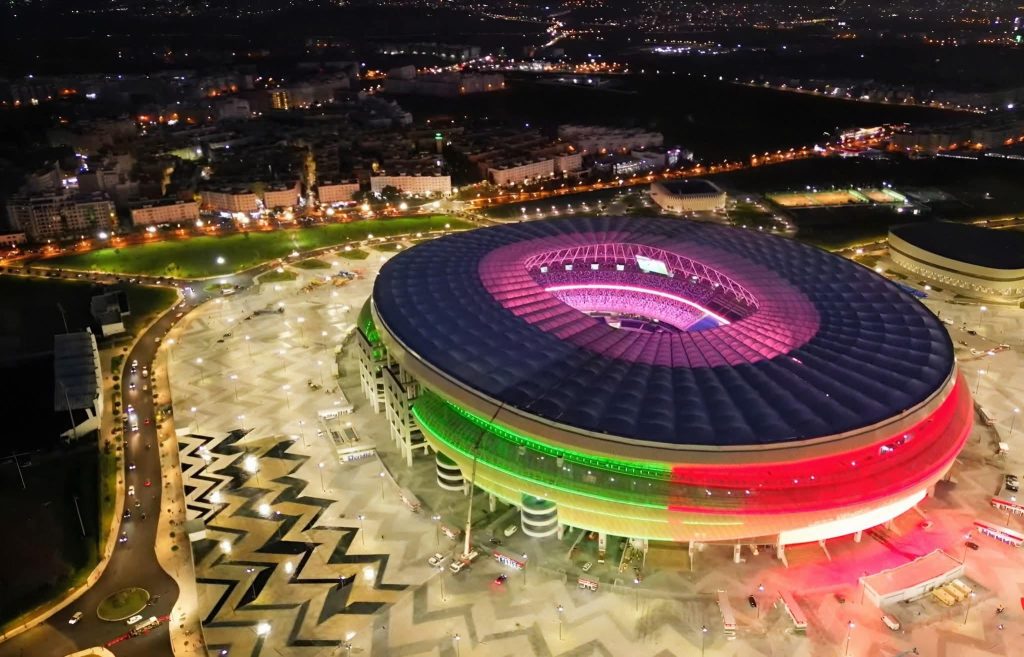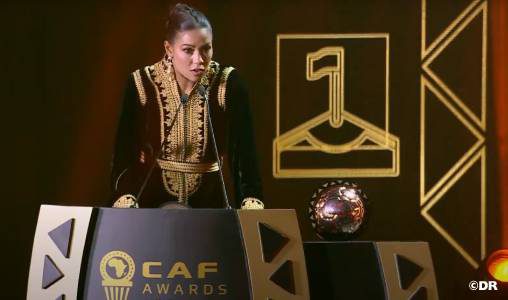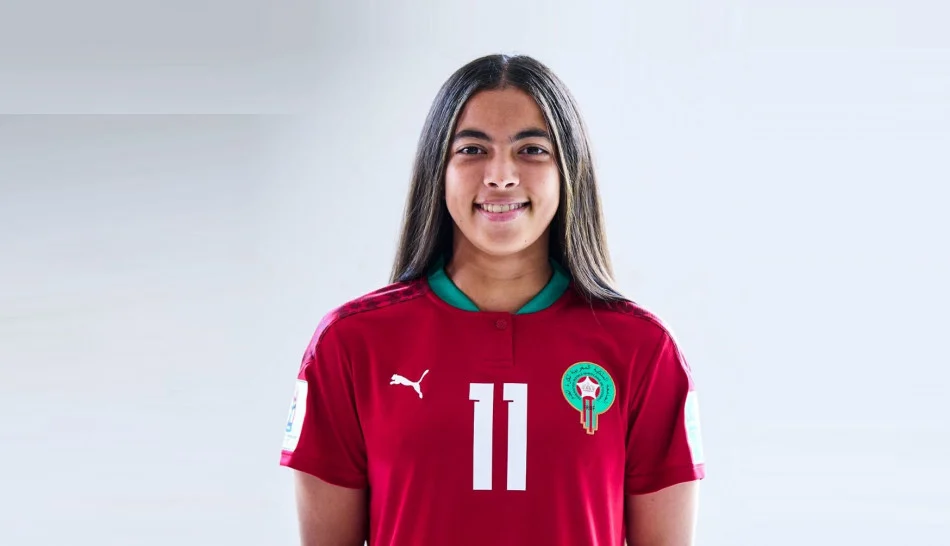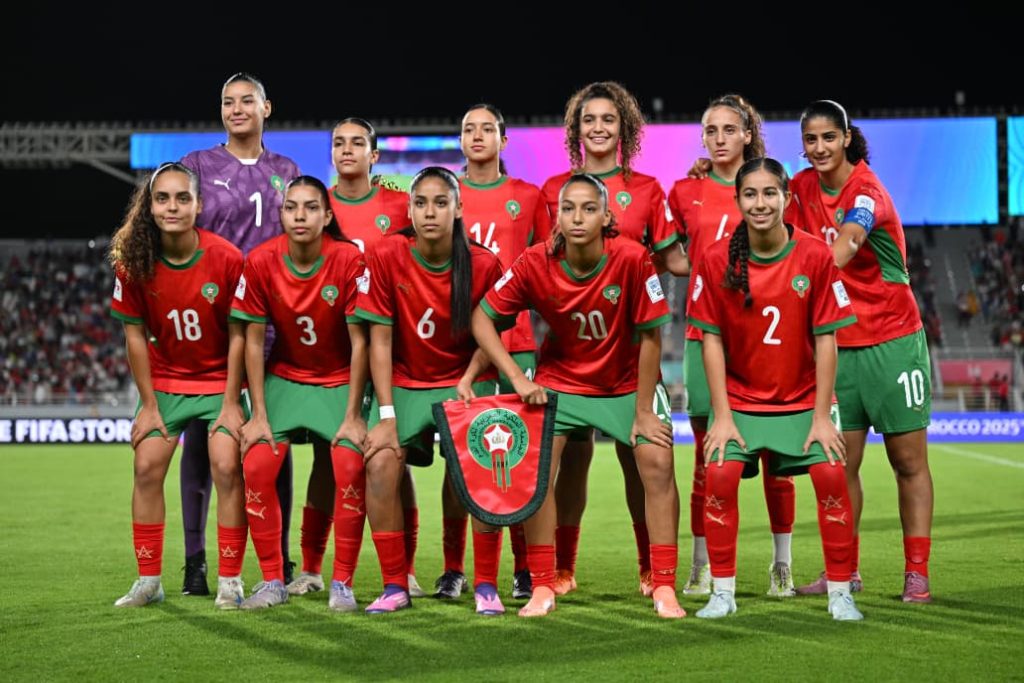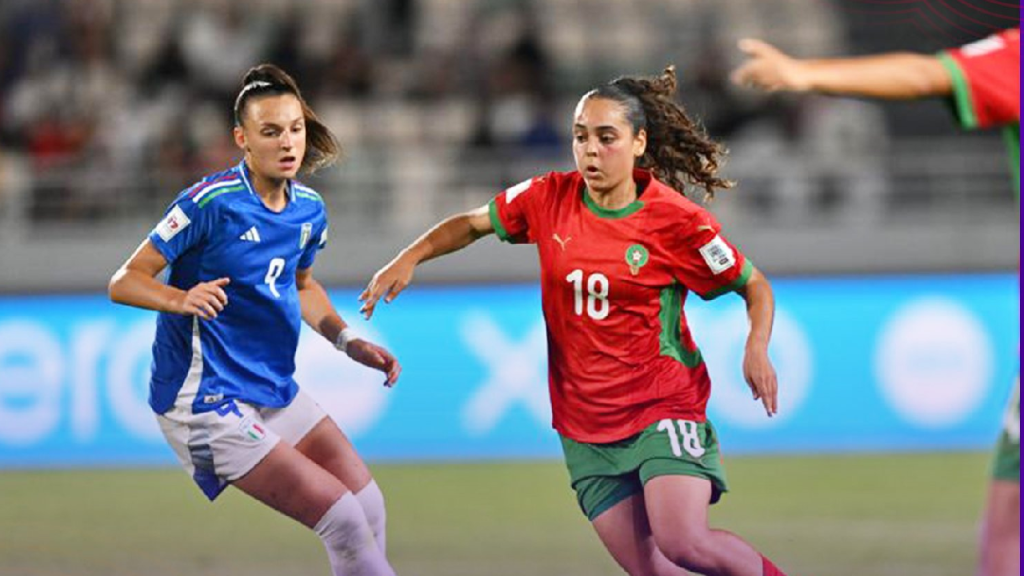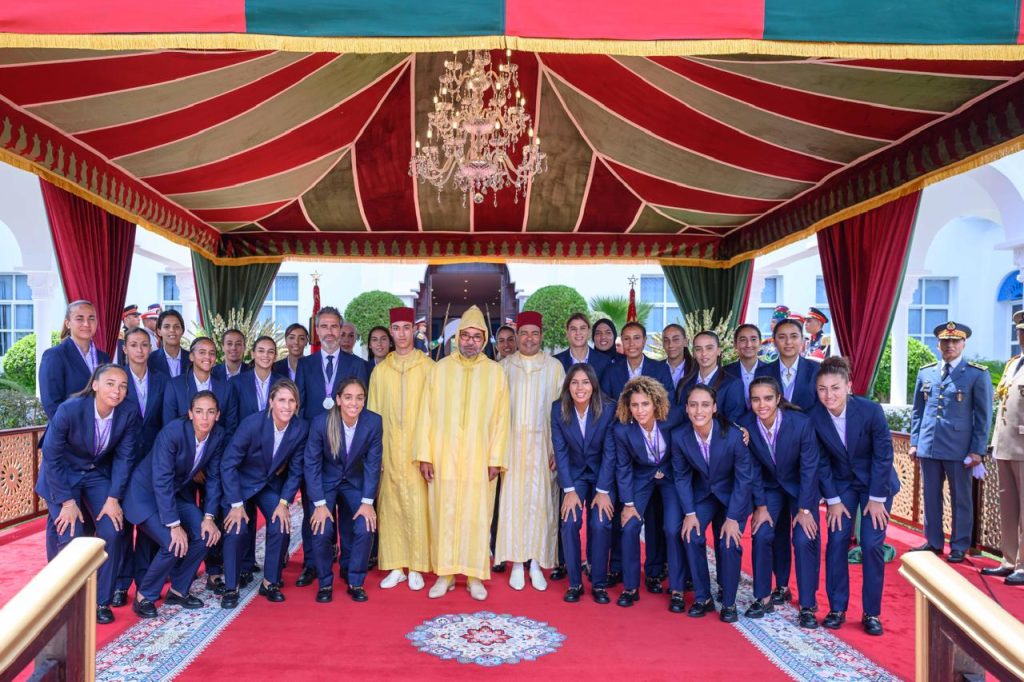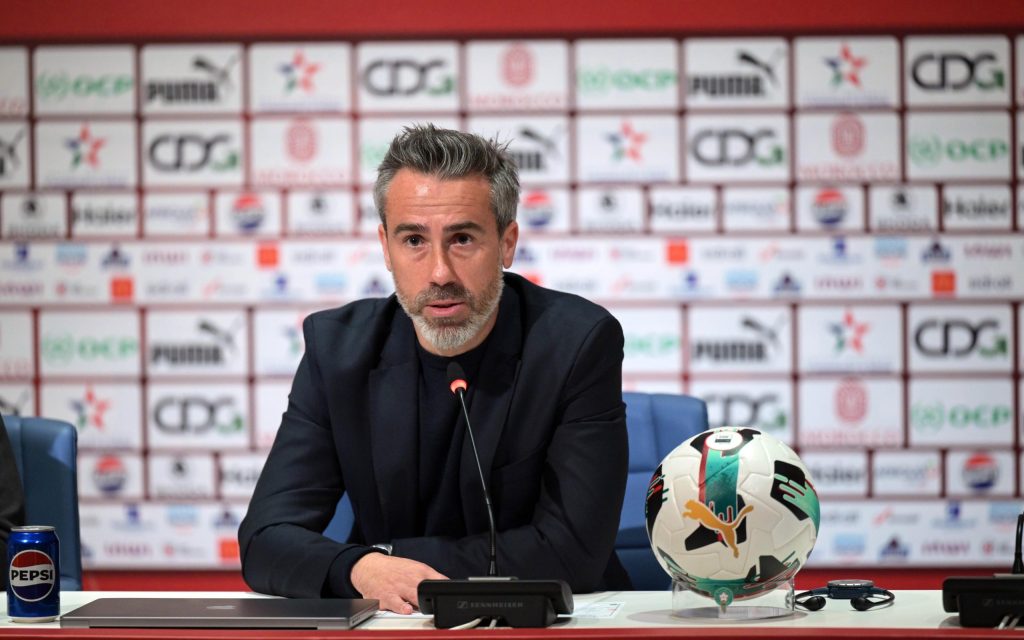After several months of extension and upgrading work, the Grand Stade de Tanger reopens its doors this Friday to host a friendly match between the Moroccan national football team and their Mozambican counterparts.
Completely renovated, the stadium has undergone a comprehensive overhaul, increasing its current capacity to 75,500 seats, positioning it as a world-class sports facility that complies with FIFA’s 2030 regulations and requirements. It is now one of the largest stadiums on the African continent.
The stadium reflects the royal Highest Care for sports and stands as the central and emblematic element of the Sports City in Tangier, which spans nearly 74 hectares.
Managed by the National Company for the Construction and Management of Sports Facilities (SONARGES), Tangier’s Sports City offers an environment that helps integrate sports into citizens’ daily lives, with numerous facilities and vast green spaces providing an ideal setting for outdoor physical activities.
Thanks to its infrastructure meeting FIFA 2030 specifications, Tangier is now capable of hosting the largest international sporting events, with organizational standards and aesthetics comparable to those found in major global sports capitals.
The stadium consists of three tiers of seating (lower, middle, and upper), with blue and white seats that harmonize with the city’s visual identity. In addition, there is a hospitality stand and VIP/VVIP reception lounges offering direct views of the pitch.
The hospitality stand can accommodate 210 guests, while the VIP seating area has a capacity of 1,300 spectators. The stadium also features 142 luxury boxes spread over three levels, each accommodating between 10 and 20 seats.
Additionally, the stadium boasts a hybrid natural grass pitch with cutting-edge technology, the first of its kind in Africa. This innovative combination of natural grass and synthetic fibers provides an optimal surface for drainage, durability, player safety, and performance, while ensuring quick recovery of the field.
Among the unique features of the Grand Stade de Tanger are four locker rooms for teams, instead of the two required by regulations. There are also cooling areas, coaches’ offices, massage rooms, cryotherapy rooms, and well-equipped warm-up rooms, as well as a mixed zone exceeding 500 square meters.
To ensure optimal media coverage conditions, the stadium includes a press stand, a conference room for 210 journalists and spaces reserved for event organizers (CAF or FIFA), including recreation rooms, restrooms, and more.
In terms of security and crowd management, the stadium is equipped with a Surveillance Operations Center (VOC), featuring nearly 900 cameras located inside and outside the stadium, covering all access points. The latest facial recognition technology is also in place to guarantee spectator safety.
Technologically, the stadium is fitted with state-of-the-art audiovisual systems, including two giant screens of 220 m² each, a perimeter screen of over 700 linear meters, and top-tier sound systems.
It also features control rooms for managing technical interfaces, giant screens, and perimeter screens, along with two additional perimeter screens installed at the pitch level.
For traffic flow, the stadium has VVIP parking spanning nearly 10,000 square meters, accommodating 400 cars, along with 600 to 700 spaces for VIP spectators. There is also a public parking lot with a capacity for 3,000 cars surrounding the stadium.
In terms of accessibility, the Grand Stadium of Tangier is equipped with two elevators to ensure accessibility for people with reduced mobility, across all ticket categories, to all levels of the stadium, including the three seating tiers.
